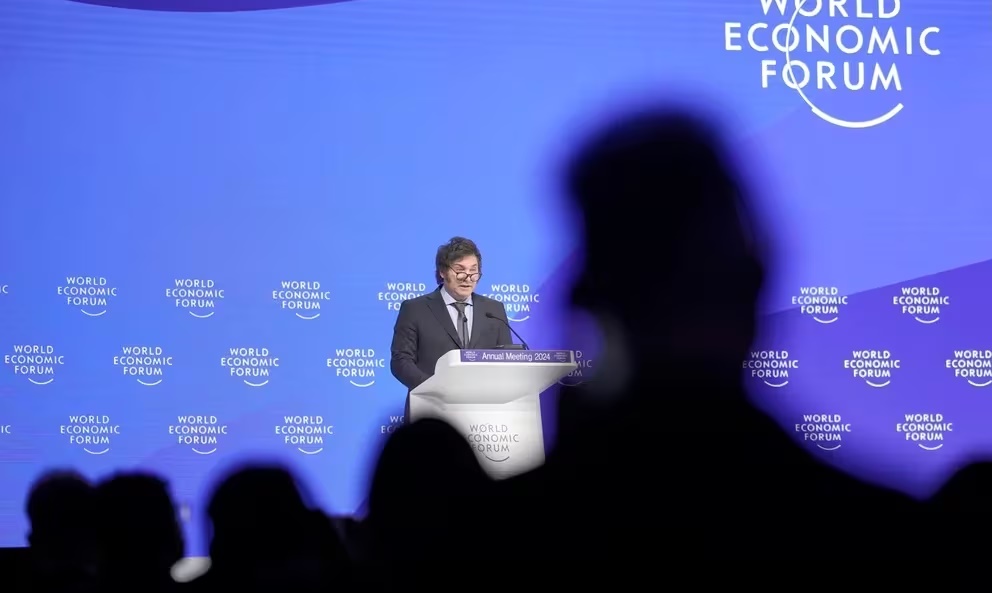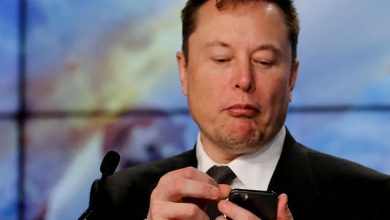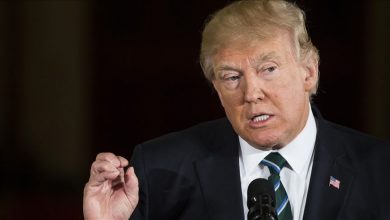Elon Musk’s curious tweet following Javier Milei’s speech in Davos
The American businessman once again winked at the Argentine president.

Previously, he had also published the national president’s complete speech at the World Economic Forum
The American businessman and billionaire Elon Musk once again winked at Javier Milei after the Argentine head of state’s presentation at the World Economic Forum in Davos. This time it was through a curious tweet, with which the owner of the social network X slipped in a kind of praise for the speech outlined by the Argentine president during the summit in Switzerland.
The Tesla CEO’s approval of the intervention made by the libertarian was expressed with an image in which a man is seen looking at the presentation of the national head of state on a computer. The post caused several repercussions and quickly garnered a large number of likes and comments.
Among them one from the son of former United States President Donald Trump, who endorsed him by quoting him and writing: “He is not wrong.” He did it with exclamation points and three fire flame emojis.
The viralization of the meme did not go unnoticed by the tycoon. Consequently, a few minutes later, Musk echoed the furor he had caused and wrote in another tweet: “Some posts are really successful.”
This is not the first time that the owner of close your steps. Within the framework of the Forum that is being held in Davos these days, Musk accentuated the coincidences with him.
During the early hours of the morning, the person who heads the Forbes and Bloomberg wealth rankings shared the President’s entire speech, with the audio of the simultaneous translation into the English language, that is, as a good part of the attendees heard it. Both he and much of the American and global libertarian world took note of the speech in which the libertarian denounced that “the West is in danger” and in which he said goodbye, roaring, with his traditional “long live fucking freedom.”

“Good explanation of what makes countries more or less prosperous,” Musk commented alongside the video.
This Wednesday, while reactions to Milei’s speech bounced around Spain, Latin America and the entire social media environment associated, broadly speaking, with the so-called Global Alt, Musk admitted his love for the content associated with the Argentine president.
For example, when he agreed with the tweet of an English-speaking user who joked about not being able to stop liking everything that mentioned Milei.
The praise from one of the richest man in the world did not go unnoticed by Milei, who responded to Musk’s tweet with “thank you very much…!!!” (thank you very much…!!!).
A resounding speech
In his first speech at the World Economic Forum, President Milei emphasized the importance of free market capitalism as an essential tool to combat global poverty.
He harshly criticized state interventionism and socialism, proclaiming that “Free enterprise capitalism is not only a possible system for ending world poverty, it is the only morally desirable system for achieving it.”
Milei highlighted the failure of collectivist models and defended economic freedom as the key to progress and wealth. With a firm stance against social justice and coercive taxes, he stated that “The State is financed through coercion and that the greater the tax burden, the greater the coercion, the less freedom.”
Furthermore, he rejected the notion of market failures, arguing that they are non-existent in a context of voluntary transactions and criticized the neoclassical model for opening doors to socialism.
In his speech, he also addressed the issue of libertarianism, defining it as “unrestricted respect for the life project of others, based on the principle of non-aggression and in defense of the right to life, liberty and property.” This definition underscores his view of libertarianism as a philosophy centered on respect for individual autonomy and non-intervention.
Regarding socialism, Milei was emphatic in describing it as an “impoverishing phenomenon,” which has failed in all aspects where it has been implemented. He harshly criticized neoclassical economic theory, arguing that, although unintentionally, it ends up being functional to state meddling and socialism.
Finally, in relation to Argentina, Milei used the country’s case as an example of how interventionist and collectivist policies can lead to poverty, even in nations with abundant resources. He highlighted the importance of adopting measures that encourage the free functioning of markets and private property to reverse the trend towards impoverishment and restore prosperity.




